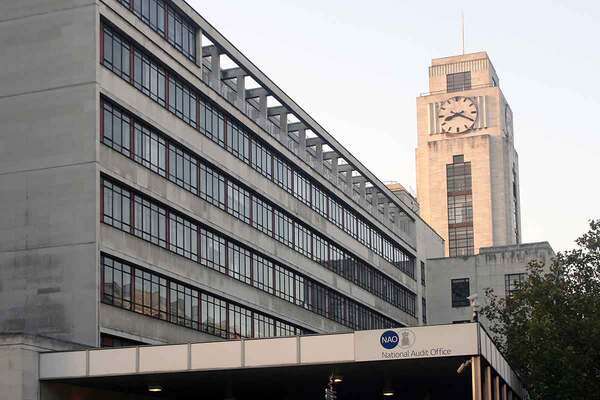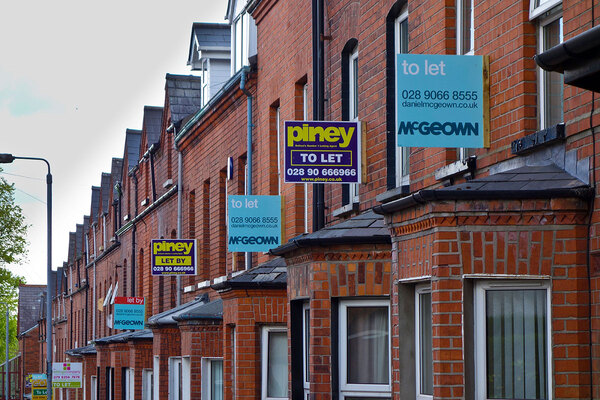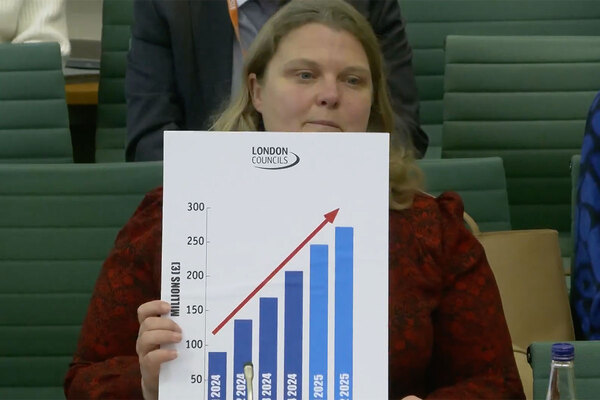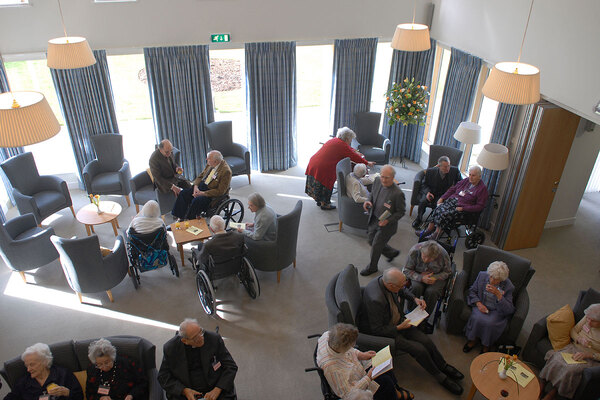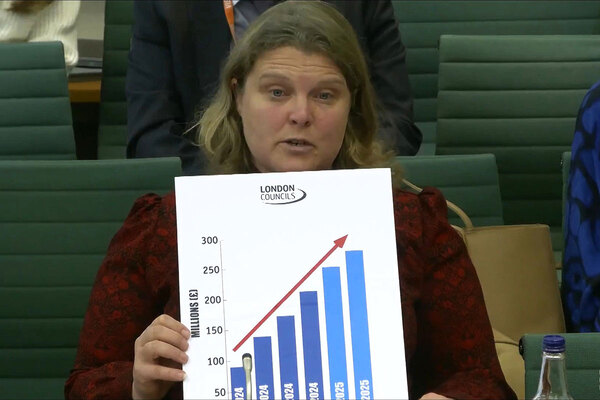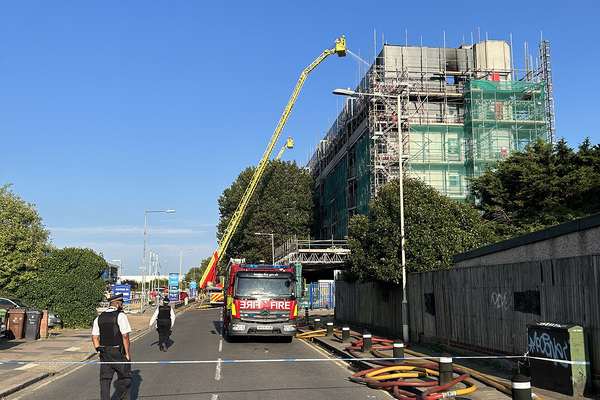Move-on is the overlooked part of the homelessness system, and it needs to be fixed
Our new report sheds light on how homeless but stable individuals are stuck in limbo as they cannot afford to leave transitional support services, writes Ashley Horsey, chief executive of Commonweal Housing
“So I think that it has been getting worse and worse gradually. It’s just got to a particularly shocking point in the last year or two, because I think the demand has increased so significantly.”
So spoke a respondent quoted in No Access, No Way Out, a new report by independent researcher Becky Rice on behalf of Commonweal Housing. The report reveals the shocking state and scarcity of private rented housing options for single homeless people.
It follows a record surge in the cost of rent, falling supply at the bottom end of the market, and a rapid increase in the number of people experiencing homelessness who are in need of low-cost housing.
With no route to the private rented sector and systemic barriers to work, homeless but stable individuals are stuck in limbo, as they cannot afford to leave their current, often high-cost, transitional support services.
Despite all the fantastic turnaround efforts and support provided by frontline homelessness organisations in hostels and supported housing schemes, people cannot move on – literally to new accommodation or, and just as importantly, in their lives.
This represents thousands of pounds of public funding and charitable resources, not to mention individuals’ own efforts and hard work, wasted, or at least definitely not achieving what they should. Services are silted up with those who do not need to be there and who, day by day, are at risk of becoming institutionalised, benefit-trapped and going backwards in their personal journey.
“When a system is broken, it is not fixed until the whole system is fixed. Otherwise this government runs the risk of addressing the symptoms and headline effects, but not tackling the root cause”
For every one of those, there is another individual on the streets, sofa-surfing or bouncing around emergency shelters, unable to access the support they need and likely costing the public purse still more in police, health, local authority and social service interventions.
The system is broken.
The new government is, rightly, being encouraged to establish a new unit for ending homelessness. This is something that absolutely has the opportunity to make change happen – but when a system is broken, it is not fixed until the whole system is fixed. Otherwise this government runs the risk of addressing the symptoms and headline effects, but not tackling the root cause, as I pointed out in a recent piece for Inside Housing on lessons from the past.
Future plans need to consider the crucial steps that allow the system to function: addressing the often-overlooked lower-end ‘DSS friendly’ properties, the only option for single people move-on in the private rented sector. Addressing the barriers and blockages here is crucial, and the state and accessibility of that vital party of the system is not great, as highlighted in this report.
One of the key points that struck me as I read this report is the pent-up frustration and desire to speak out from organisations and individuals working to help individuals and clients to move on. It highlights the barriers they perceive on a daily basis, but sadly also their reluctance to complain too vociferously or formally go on the record, for fear of upsetting landlords and losing the only possible supply of housing they and their clients might have.
“The report highlights... their reluctance to complain too vociferously or formally go on the record, for fear of upsetting landlords and losing the only possible supply of housing they and their clients might have”
The report has given people and organisations a platform to tell the real story of what they face day in and day out. One of the things Commonweal wants to be able to do is use the privileged position and charitable resources available to us to shine a spotlight on areas of housing injustice that are too often overlooked, or in some cases, which are too unattractive for audiences to hear about – an inconvenient truth that ‘power’ does not want to address.
No Access, No Way Out highlights the less-heard-about struggles with landlords, and too often between organisations themselves (especially around payment of incentives to landlords), to secure move-on housing for the single homeless individuals they support. It also brings out the sense of frustration and shock at some of the conditions they have to accept with so few options available, as something is, heartbreakingly, better than nothing.
Commonweal is keen to amplify this voice, but it does require the sector, along with local and central government, to act. A range of recommendations and actions for the government, local authorities and the housing sector to follow is set out in No Access, No Way Out, and there is not much time to start addressing them.
Ashley Horsey, chief executive, Commonweal Housing
Sign up for our homelessness bulletin
Already have an account? Click here to manage your newsletters




